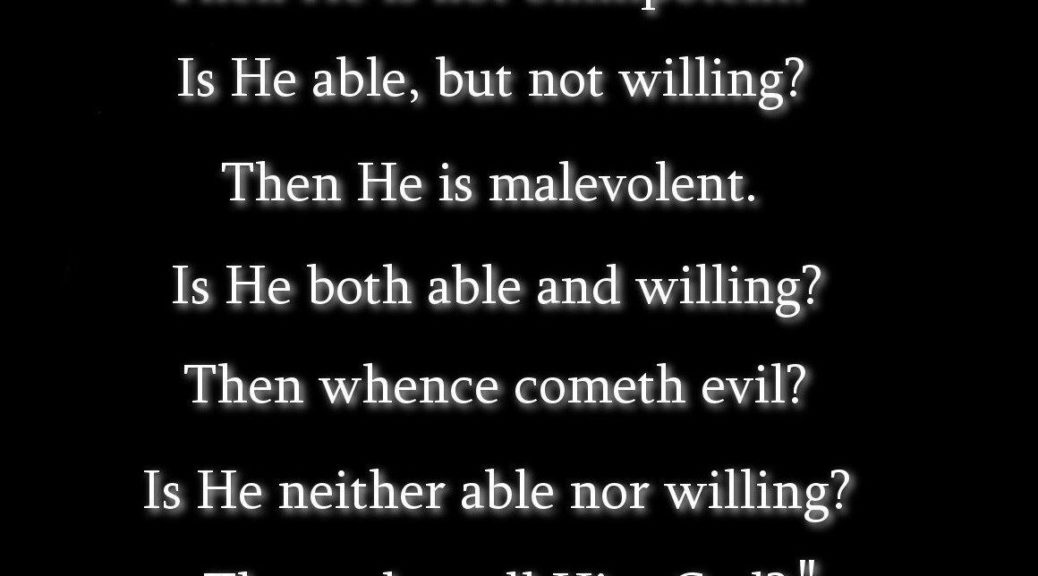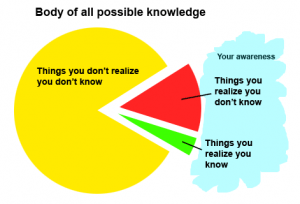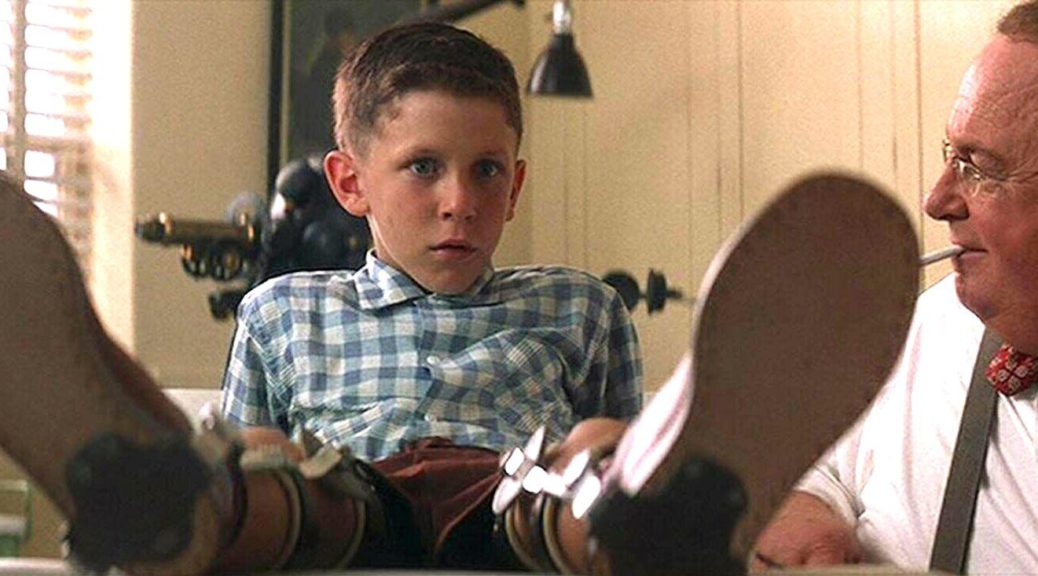You don’t have unlimited brain power.
The brain’s thinking/creative function, also choices, are located in the frontal cortex. That part is the latest addition to the multi-layered brain.
That part needs the most fuel.
People who don’t understand how their brain work will not amount to much. Their brain power will be used for mundane stuff and not for something that actually creates value for them and the world.
Using an analogy that, maybe, everyone can understand, let me use some examples that are more obvious.
If you had a quota of electricity you can use to heat your house, you would, probably, allow your hallways, your porch, your basement to remain cold, and would only heat the rooms where you spend a lot of time… or you’ll run out of electricity before you run out of time.
Read the rest of the article









